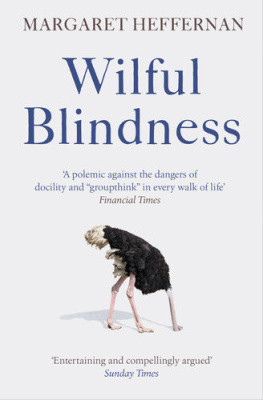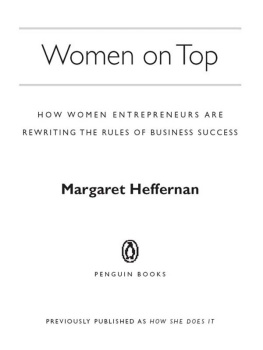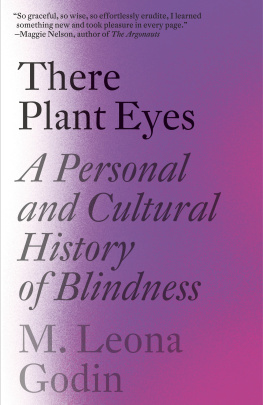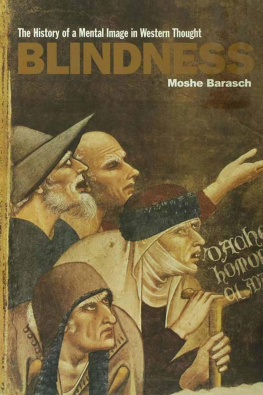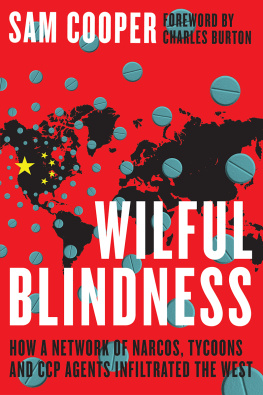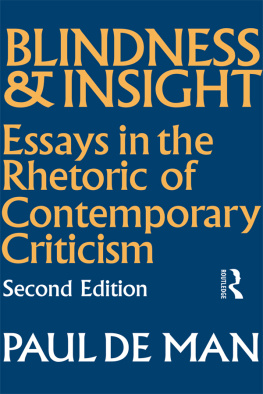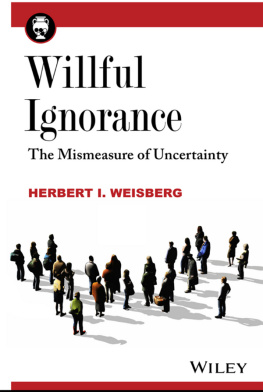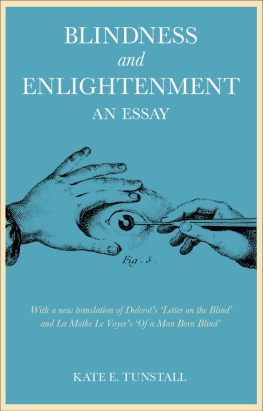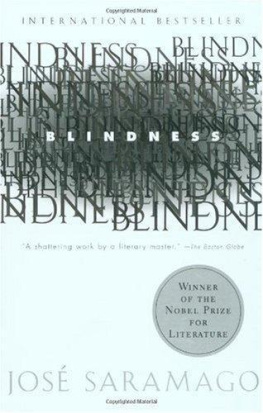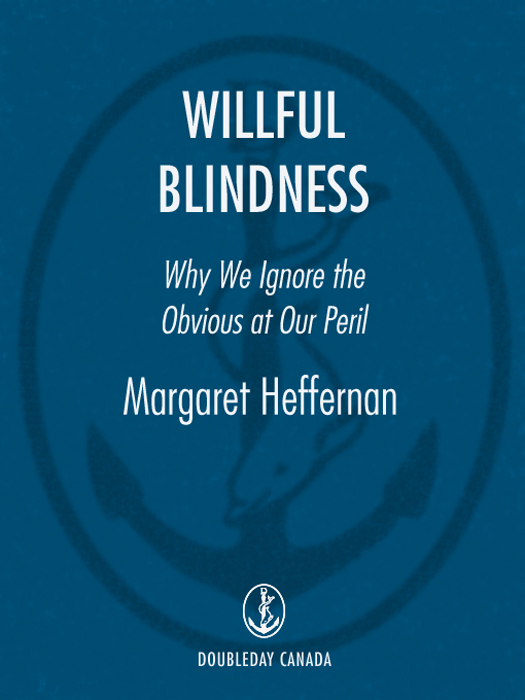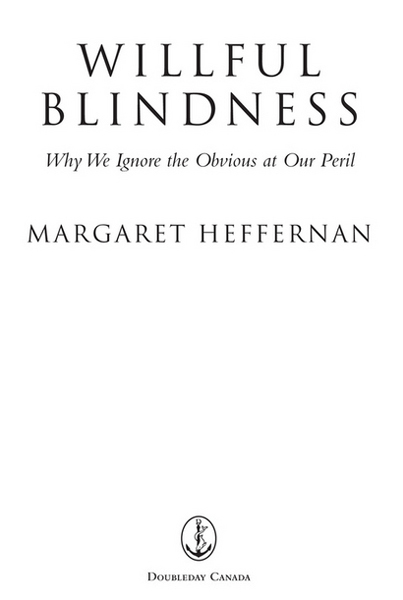BY THE SAME AUTHOR
How She Does It: How Women Entrepreneurs Are
Changing the Rules of Business Success
The Naked Truth: A Working Womans Manifesto
on Business and What Really Matters
Copyright 2011 Margaret Heffernan
All rights reserved. The use of any part of this publication, reproduced, transmitted in any form or by any means electronic, mechanical, photocopying, recording or otherwise, or stored in a retrieval system without the prior written consent of the publisheror in the case of photocopying or other reprographic copying, license from the Canadian Copyright Licensing Agencyis an infringement of the copyright law.
Doubleday Canada and colophon are registered trademarks
Library and Archives of Canada Cataloguing in Publication has been applied for
eISBN: 978-0-385-66901-6
Published in Canada by Doubleday Canada,
a division of Random House of Canada Limited
Visit Random House of Canada Limiteds website: www.randomhouse.ca
v3.1
For Pamela
CONTENTS
I NTRODUCTION
Go, go, go, said the bird: human kind
Cannot bear very much reality.
T. S. Eliot, Four Quartets
W HEN THE P SYCHOLOGIST Philip Zimbardo was five years old, double pneumonia and whooping cough landed him in New Yorks Willard Parker Hospital.
Kids, he said, were dying all over. And every morning, youd wake up and ask, Where did Charlie go? And the nurses would all say, He went home. And wed say, Oh thats great, he went home! But we all knew the kids who went home were dead. But heres the thing: the only way to be hopeful was to deny the reality.
Zimbardo and his fellow patients were willfully blind: denying truths that were too painful, too frightening to confront. Its something we all do, even when we have grown up. The problem arises when we use the same mechanism to deny uncomfortable truths that cry out for acknowledgment, debate, action, and change. Many, perhaps even most, of the greatest crimes have been committed not in the dark, hidden where no one could see them, but in full view of so many people who simply chose not to look and not to question. Whether in the Catholic Church, the SEC, Nazi Germany, Madoffs funds, the embers of BPs refinery, the military in Iraq, or the dog-eat-dog world of sub-prime mortgage lenders, the central challenge posed by each case was not harm that was invisiblebut harm that so many preferred to ignore.
I first encountered the idea of willful blindness when I read the transcript of the trial of Jeffrey Skilling and Kenneth Lay, CEO and chairman of Enron. In his summary, Judge Simeon Lake gave this instruction to the jury:
You may find that a defendant had knowledge of a fact if you find that the defendant deliberately closed his eyes to what would otherwise have been obvious to him. Knowledge can be inferred if the defendant deliberately blinded himself to the existence of a fact.
Judge Lake was applying the legal concept of willful blindness: You are responsible if you could have known, and should have known, something that instead you strove not to see. In this case, Skilling and Lay could have known, and had the opportunity to know, just how rotten their company was. Their claim not to know was no excuse under the law. Since they could have known, they were responsible.
Once the idea of willful blindness lodged in my mind, I started to see it everywhere. Id seen it in marriages: Why had she never asked about all those business trips? Id seen it in hospitals: Why had he skipped his checkup? Why had she started smoking? Boardrooms seemed to be full of it: Why did no one ever question that doomed deal?
When I mentioned willful blindness to friends and colleagues from any walk of life, their eyes lit up: they knew exactly what I was talking about. Politicians recalled legislation they had passed, knowing it would never work. Doctors described treatments their patients demanded and got, however unnecessary. Lawyers recounted their struggles to forget information their clients should not have shared with them, and product designers vented their rage about obvious trends that their companies had missed. When I mentioned willful blindness to accountants and auditors, they would talk in confidential tones about assimilating to their clients sometimes elastic ethics, while chief executives described to me how hard it was, even in a small business, to know what was really going on. Almost everyone mentioned the Iraq War and global warming: big public blunders caused or exacerbated by a reluctance to confront uncomfortable facts.
Willful blindness had started life as a legal concept in the nineteenth century. A judge in Regina v. Sleep ruled that an accused could not be convicted for possession of government property unless the jury found Over time, lots of other phrases came into playdeliberate or willful ignorance, conscious avoidance, and deliberate indifference. What they all have in common is the idea that there is an opportunity for knowledge, and a responsibility to be informed, but it is shirked. Nowadays, the law is most often applied in cases of money laundering and drug trafficking: If youve been paid a large amount of money to carry a suitcase, then you are being willfully blind if you dont check what is inside.
Whats most contentious about the legal concept of willful blindness is that it carries no implication that the avoidance of the truth is conscious. The law doesnt care why you remain ignorant, only that you do. But I am interested in why we choose to keep ourselves in the dark. What are the forces at work that make us deny the big threats that stare us in the face? What stops us from seeing that burying knowledge makes it more powerful, and makes us so much more vulnerable? Why, after any major failure or calamity, do voices always emerge saying theyd seen the danger, warned about the riskbut their warnings had gone unheeded? And why, as individuals, companies, and countries, do we so regularly look in the mirror and howl, How could we have been so blind?
As I investigated the causes and patterns of willful blindness, from our daily lives to the boardrooms of global corporations, I could have confined myself to corporations alone; theres no shortage of material. But it struck me that one source of our blindness at work is the artificial divide between personal and working lives. Every workforce is a conglomeration of individuals whose behaviors and habits started well before they were hired. Individuals, singly and in groups, are both equally susceptible to willful blindness; what makes organizations different is the sheer scale of damage they can cause.
Whether individual or collective, willful blindness doesnt have a single driver, but many. It is a human phenomenon to which we all succumb in matters little and large. We cant notice and know everything: the cognitive limits of our brain simply wont let us. That means we have to filter or edit what we take in. So what we choose to let through and to leave out is crucial. We mostly admit the information that makes us feel great about ourselves, while conveniently filtering whatever unsettles our fragile egos and most vital beliefs. Its a truism that love is blind; whats less obvious is just how much evidence it can ignore. Ideology powerfully masks what, to the uncaptivated mind, is obvious, dangerous, or absurd and theres much about how, and even where, we live that leaves us in the dark. Fear of conflict, fear of change keeps us that way. An unconscious (and much denied) impulse to obey and conform shields us from confrontation and crowds provide friendly alibis for our inertia. And money has the power to blind us, even to our better selves.


